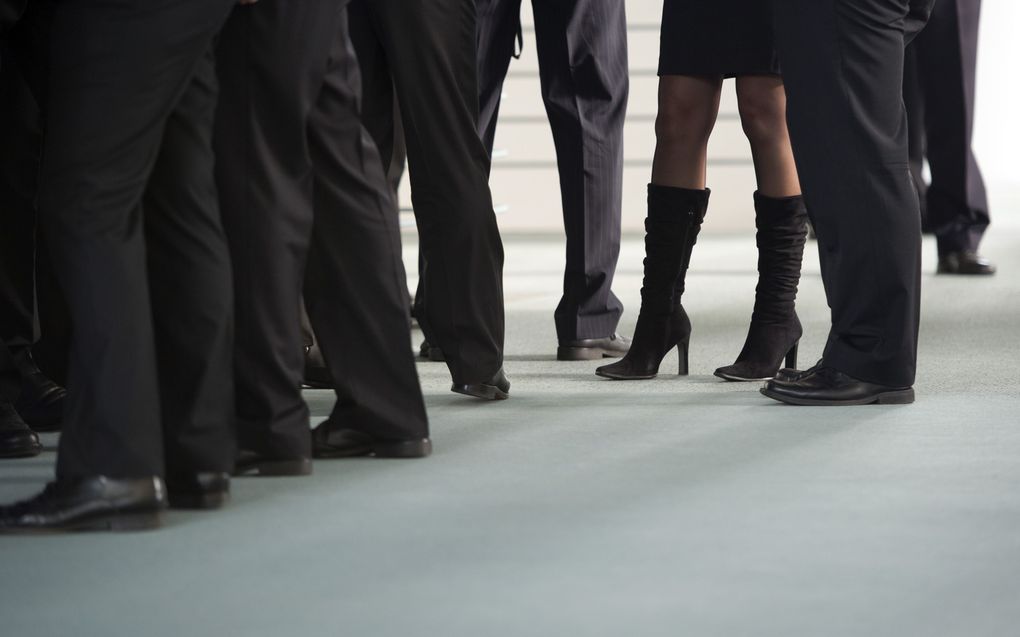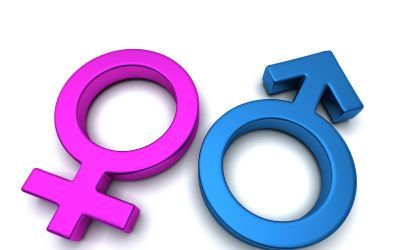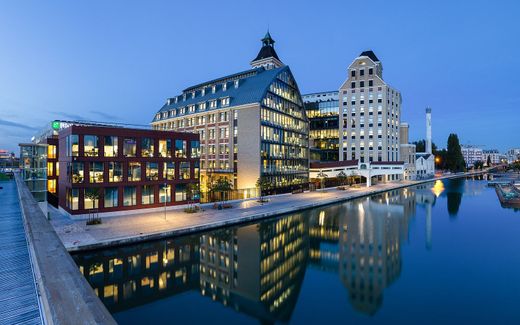Norway’s Faith and Beliefs Act set to include gender quotas among changes

The government now wants its Christian communities to enforce gender quotas within its leadership. Photo AFP, Johannes Eisele
Northern Europe
Changes to the Faith and Beliefs Act are causing controversy within Norway’s Christian Council (NKR).
According to a report from Vårt Land, the government now wants its Christian communities to enforce gender quotas within its leadership and set minimum numbers on church membership before they apply for subsidies.
Broad support
The 2021 Act on Communities of Faith and Beliefs was intended to support the “faith and outlook” of the nation’s religious communities. At the time, the law received broad support from many members, but there was some disagreement over specific points. This led to some adjustments being made within the two-year period.

According to Dagen, the current law calls for a minimum number of 50 members to qualify for “state support”.
Democratically elected
Now the new law requires churches to have between 100-500 members. When it comes to enforcing gender quotas, administrations within most Christian institutions must be “democratically elected,” and each gender must be represented by a minimum of 40 percent. Most NKR members, however, believe that “dialogue rather than a legal requirement” would be far more effective in addressing the issue.
“It is difficult to defend a claim that the lack of men in certain governing bodies in Christian churches and religious communities is an expression of discrimination against men. There is reason to think seriously about a quota requirement that is intended to help solve an equality problem, helping to create a problem for faith communities that wish to practice equality,” said Erhard Hermansen, who is the General Secretary of the Christian Council.
Suffer
Erhard is not the only Secretary who is skeptical of the changes. Ingrid Rosendorf Joys, a Secretary General of the Co-operative Council for Faith and Beliefs said to Vårt Landthat smaller communities such as the Quakers are likely to suffer if everything goes as planned.

“This was exactly what we wanted to avoid. We wanted a broad political settlement in the Storting in 2020, precisely to avoid a new round which we are getting now,” she said. The Storting is the nation’s unicameral legislature.
Prohibition
According to Editor-in-Chief of Dagen, Vebjørn Selbekk, the contested changes can be pinpointed to the Labour Party. Selbekk wrote in an editorial that the Labour Party wants to engineer the national churches for their own “social goals.” Such drastic measures will lead to “theological matters,” he wrote. If “statutory prohibitions on discrimination” are violated, then state support could be snipped. Independent church associations, such as the Pentecostal communities could be hurt the most.
“It is difficult to understand why it would be imperative to have a new law on religious communities now, since it was only two years ago that the previous law came into force after extensive consideration in the Storting,” he said.
Related Articles






